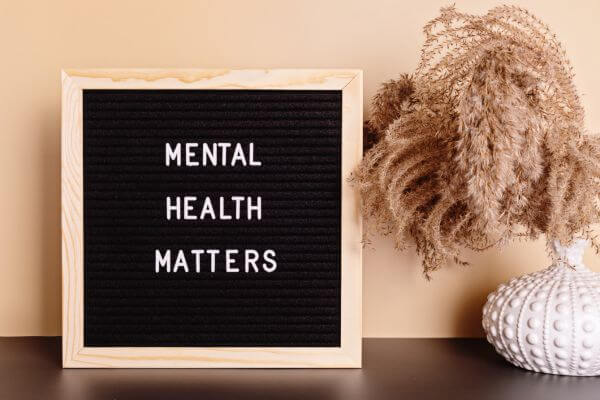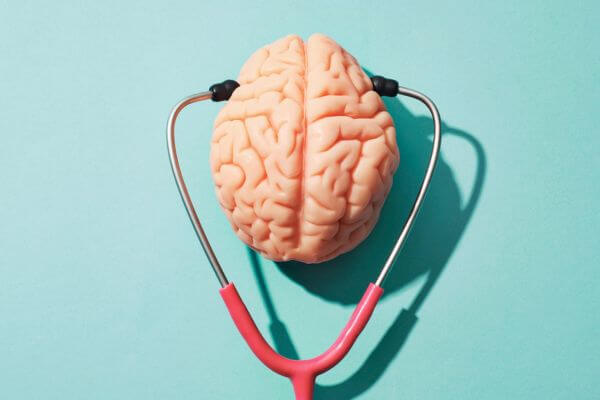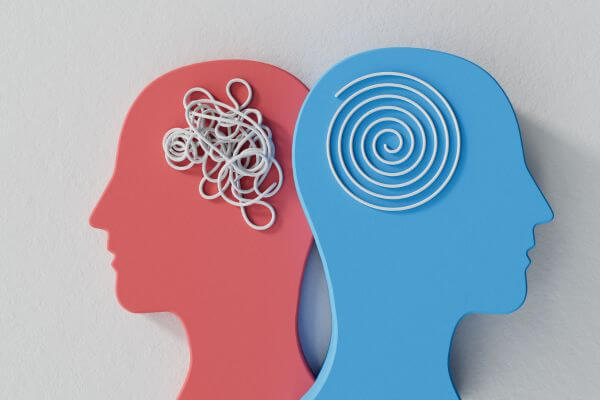In today’s fast-paced digital age, mental health has become a paramount concern. The increasing demands of modern life, coupled with the isolation brought about by the pandemic, have accentuated the need for accessible mental health resources. Enter mental health apps, a technological solution that promises to bridge the gap between individuals and mental well-being.
The Rise of Mental Health Apps
The Digital Response to a Growing Crisis With the global mental health crisis escalating, the digital realm responded with a plethora of apps. These tools, initially basic in design, aimed to offer solace, guidance, and support to those in distress.
Incorporating Advanced Algorithms As technology evolved, so did these apps. Incorporating machine learning and AI, they began offering personalized solutions, understanding individual nuances, and providing tailored advice.
Accessibility and Immediate Support One of the primary advantages of these apps is their accessibility. Available at one’s fingertips, they offer immediate support, be it through guided meditation, cognitive behavioral therapy techniques, or simple mood tracking.
Benefits Beyond Immediate Support
Promotion of Self-awareness Mental health apps often come with tracking features, allowing users to monitor their moods and emotions. This promotes self-awareness, a crucial step in mental well-being.
Breaking the Stigma The anonymity provided by these apps ensures that those hesitant to seek face-to-face therapy can still receive help, slowly breaking the stigma associated with mental health.
Cost-effective Solutions Traditional therapy can be expensive. These apps, often free or available at a fraction of the cost, ensure that mental health support is not just a luxury for the few.
The Role of Big Data in Personalization
Gathering User Insights By analyzing user data, these apps can provide insights into patterns, triggers, and even potential solutions. This data-driven approach ensures a more personalized user experience.
Predictive Analysis for Proactive Support Advanced apps now incorporate predictive analysis, alerting users when they might be entering a period of distress and offering proactive support.
Ensuring Data Privacy With the collection of data comes the responsibility of ensuring its privacy. Reputable apps prioritize user data protection, ensuring that personal insights remain confidential.

Challenges and Ethical Considerations
Ensuring Quality and Efficacy Not all apps are created equal. Ensuring that these apps are based on sound psychological principles is crucial to their efficacy.
Data Privacy Concerns While data can be a boon, it can also be a bane. Ensuring that user data is not misused is paramount, especially given the sensitive nature of the information.
Avoiding Over-reliance While these apps are beneficial, they cannot replace traditional therapy for those in acute distress. Ensuring that users are aware of this distinction is crucial.
Recommended for you
Integration with Professional Healthcare
Collaboration with Therapists Many apps now offer features that allow integration with professional healthcare providers. Users can share their progress, insights, and data with their therapists, ensuring a more holistic approach to their well-being.
Referral Systems for Acute Cases For users showing signs of severe distress or potential harm, some apps have built-in referral systems. These systems guide users to immediate professional help, ensuring their safety.
Continuous Monitoring for Chronic Cases For individuals with chronic mental health conditions, continuous monitoring can be a lifesaver. These apps can track medication, therapy sessions, and mood fluctuations, offering insights and reminders to ensure consistent care.

The Global Impact of Mental Health Apps
Reaching Remote Areas One of the most significant advantages of mental health apps is their ability to reach remote areas. For regions with limited healthcare infrastructure, these apps can offer invaluable support and guidance.
Promoting Global Mental Health Awareness The rise of these apps has also led to a global conversation about mental health. As more individuals use and discuss these tools, global awareness and understanding of mental health issues increase.
Supporting Diverse Populations With multilingual support and culturally sensitive content, these apps cater to diverse populations. This ensures that mental health support is not limited by language or cultural barriers.
Future Innovations in Mental Health Tech
Incorporating Augmented and Virtual Reality The future of mental health apps looks promising with the potential integration of AR and VR. These technologies can offer immersive therapeutic experiences, from guided meditations in virtual forests to exposure therapy in controlled virtual environments.
Community Building and Peer Support Future apps might focus more on community building, offering platforms for users to connect, share their experiences, and offer peer support. This sense of community can be therapeutic in itself.
Advanced Predictive Analysis With the advancement of AI, future apps might be able to predict mental health crises even before they occur, offering preemptive support and interventions to users.

Balancing Tech and Human Touch
The Irreplaceable Human Element While technology offers many solutions, the human element in therapy remains irreplaceable. Apps should be seen as complementary to traditional therapy, not a replacement.
Ensuring Ethical Use of Technology As with all technological advancements, ethical considerations are paramount. It’s crucial to ensure that the technology is used for the benefit of users, without commercial interests overshadowing user well-being.
Training and Awareness for Users For the effective use of these apps, user training and awareness are crucial. Users should be educated about the potential and limitations of these apps, ensuring informed and safe use.
The Digital Revolution in Mental Health
The digital age has brought forth a plethora of tools and resources, with mental health apps standing out as a beacon of hope for many. These apps, while not a replacement for traditional therapy, offer invaluable support, insights, and interventions. As technology continues to evolve, so will these tools, promising a future where mental well-being is accessible to all, regardless of geographical or financial barriers. Embracing this digital revolution, while ensuring ethical and responsible use, will pave the way for a mentally healthier global community.


